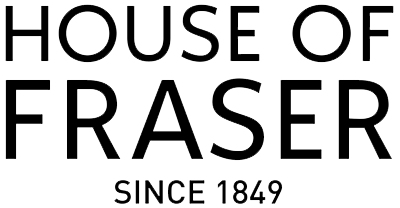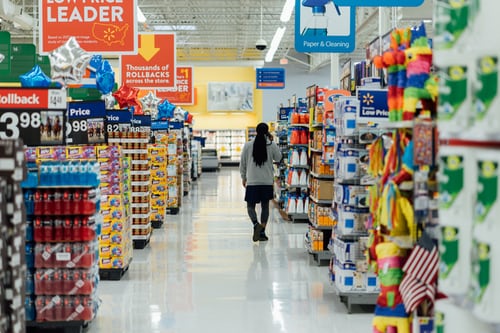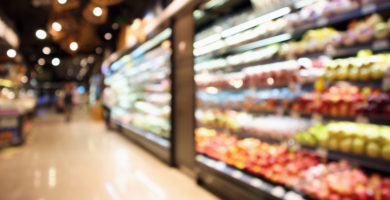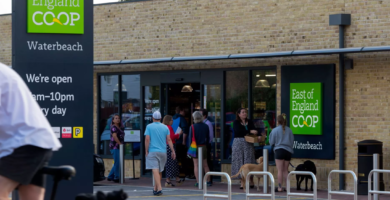Only a third of UK consumers stayed loyal to brands during the pandemic, shows the latest research from antuit.ai, the leader in SaaS Artificial Intelligence (AI) demand forecasting solutions.
Original research of over 2,000 UK shoppers in the Research Study: Consumer Packaged Goods, Predicting the Unpredictable showed that only 38% remained loyal to the brands they used before the pandemic. Consumers who switched were more likely to have traded down on grocery brands during the pandemic than those who traded up from own brand to brands. 20% said they traded down from brands to own brands during the pandemic, compared to just 14% who traded up.
Saving money was the main motivation for those switching to owned brands (55%), followed by 30% who wanted to try new products and 29% who were concerned about financial uncertainty. Lack of product availability – from the panic buying that left shelves bare at the start of the pandemic to the shelf gaps prompted by Brexit and the more recent ‘pingdemic’ – also impacted customers’ choices when it came to brands. A quarter (25%) of those trading down did so because their normal brand wasn’t available, with a further 23% saying lack of choice on the shelf had prompted them to switch.
Meanwhile, those who opted to trade up said they had opted to spend more on ‘finer’ foods and allocate more discretional spend to groceries because they weren’t socialising (38%), while a third (33%) said they were happy to trade up to support local brands and businesses at a difficult time.
However, as the pandemic eases, just 15% who traded up plan to stick with their pandemic buying habits and will revert back to the own brand goods they bought before the Covid-19 crisis; meanwhile 38% who traded down said they would make the switch from brands to own brand permanently.
Siva Lakshmanan, co-CEO at antuit.ai, commented:
“Consumer packaged goods companies (CPGs) had to deal with a very ‘mixed bag’ over the course of the pandemic – with demand fluctuations prompting unprecedented, unforeseen and fast changing consumer spikes in sales on the one hand, and supply chain disruption, and raw material and labour cost uncertainty on the other. Our research shows that the pandemic confirmed history is not our only indicator of the future, therefore conventional forecasting models are unable predict the unpredictable.”
“As brands look to recover post-pandemic, the imperative will be on making demand forecasting more robust and able to deal accurately and quickly to permanently changed behaviours and the complexity Covid-19 has caused. And that relies on using AI and machine learning to bring together and make sense of disparate data sets – from planning and allocation through to pricing and promotions – to optimise demand modelling so CPG companies can make better predictions immediately and improve long-term performance.”


















